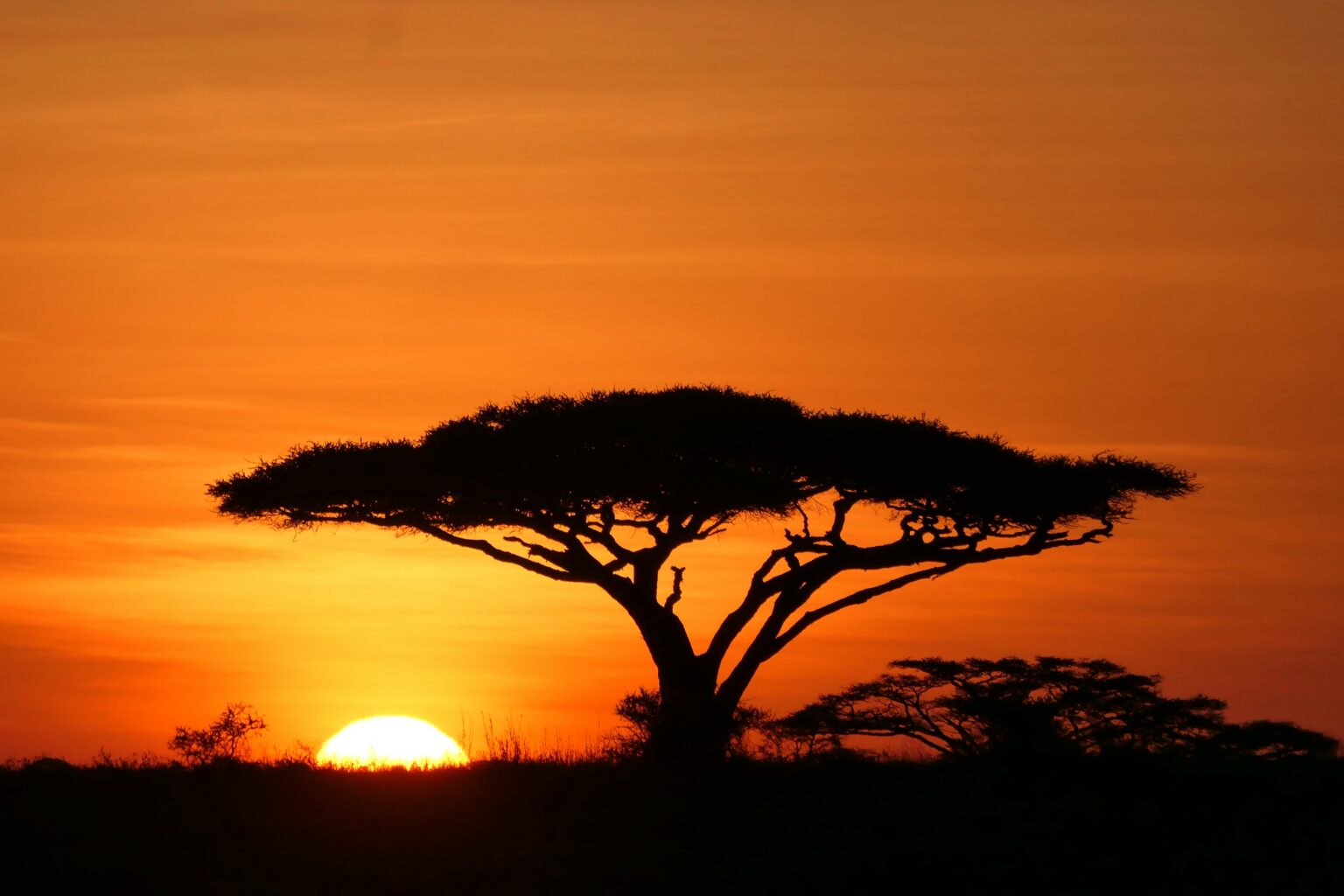By 2050, 25% of the world’s population will be Sub-Saharan African. By 2100, that figure is expected to rise to 38%, according to median United Nations projections. However, even if we use more conservative estimates, one thing is clear: as populations shrink elsewhere, Africa’s is growing. This means that Africa will play a much larger role in global affairs in the coming decades.
The projected demographic rise makes some people uneasy. This discomfort is sometimes rooted in a negative bias—particularly toward Sub-Saharan Africans. In other cases, it reflects a genuine concern about the continent’s history of poor leadership and governance. While I can sympathize with the latter concern, I still believe that Africa’s future is brighter than many think, and I also believe that the data supports my claim.
Economic Growth and Poverty Reduction
Sub-Saharan Africa’s extreme poverty rate now stands at around 29%. That sounds high – and it is – but for comparison it is less than half of China’s extreme poverty rate in 1990 which was roughly 66%. Since then, China has reduced that figure to under 1%. The United Nations predicts a somewhat similar trend for Africa: a drop from 29% today to 7% by 2050. If economic growth exceeds expectations by even a few percentage points, it could fall as low as 2%.
I personally believe that as education levels rise and leadership improves, Africa will hit the more optimistic targets, but even the 7% mark represents a significant improvement. It would mean significantly better access to education, better infrastructure, more technological innovation, and longer life expectancies. It would also mean a better-informed population, able to hold its leaders accountable and sustain further growth. Finally, it will result in better-educated leaders who will be able to make better decisions leading to even more economic growth in the coming decades.
The Spread of Humanism and Atheism
With rising prosperity, education, and access to information, more Africans will begin to embrace humanism and atheism. This shift is not just theoretical, it’s already happening in some parts of Africa, and it will continue to grow. Healthier and wealthier people are much more likely to attach prime importance to human rather than supernatural matters. Humanist beliefs that stress the potential value and goodness of human beings, emphasize common human needs, and seek rational ways of solving human problems will become much more widespread as these are positively correlated to improvements in wealth and education.
Also, as people become more prosperous they are less likely to believe in a god. This is usually thought to be because as people become more prosperous they face less existential threats – so they have more opportunities for fulfilment outside of religion. Basically, in a lot of cases religion is a coping mechanism and it is one that is usually made obsolete by improvements in living standards and education. This is of course a wonderful thing. Living in an Africa with more prosperity and fewer lies (i.e. religion) is definitely one to look forward to!
Toward a Freer, More Rational Africa
While I’m confident in Africa’s overall trajectory, the chances are that not all regions will move at the same pace. Some areas may advance more slowly, or even regress temporarily. But the broader trend is clear: forward movement. Progress may not be linear everywhere, but it is real. We should all look forward to a future where Africans are not only wealthier, but also freer—freer from superstition, from manipulation, and from institutions that thrive on ignorance. That future won’t arrive overnight, but it is already taking shape.
By Jamila U.O.


